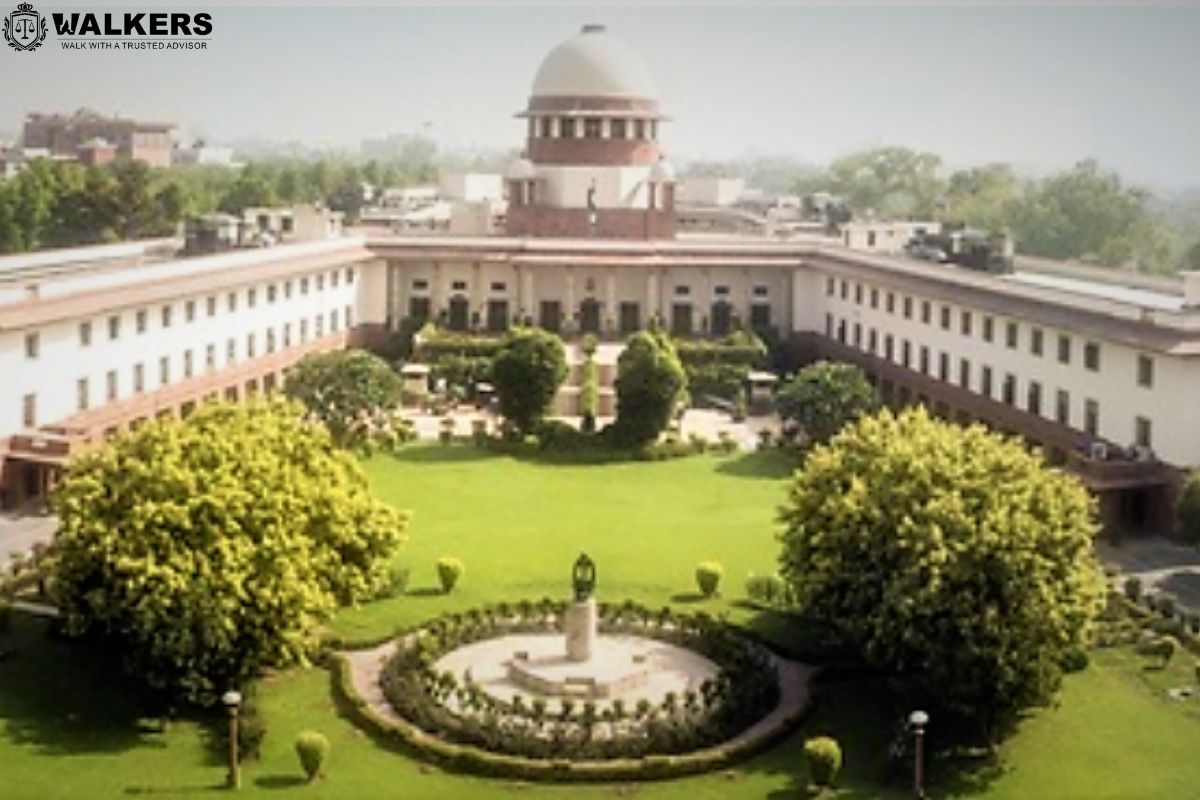


The Supreme Court has declared that the self-regulation of television channels has demonstrated ineffectiveness and intends to issue comprehensive guidelines to fortify the regulation of TV channels. A bench led by Chief Justice of India (CJI) DY Chandrachud, accompanied by Justices PS Narasimha and Manoj Misra, emphasized the need for stricter rules to ensure compliance by TV channels.
The bench critically questioned the efficacy of the current self-restraint practiced by TV channels, highlighting instances where sensationalism overshadowed responsible reporting. Chief Justice Chandrachud criticized the nominal fine of ₹1 lakh imposed for violations, considering its insignificance relative to the earnings of channels in a single day.
In response to these concerns, the Supreme Court expressed its intent to enhance the regulatory framework governing TV channels. The court acknowledged the existing uplinking and downlinking guidelines and indicated a revision of the Bombay High Court's ruling. The aim is to bolster the regulations governing TV channels and enhance their accountability.
In light of these considerations, the Supreme Court requested input regarding the existing ₹1 lakh penalty imposed on news channels for contravening the guidelines of the News Broadcasters Association (NBA). The court affirmed the necessity to evaluate and potentially revise the penalties to ensure a more effective deterrent.
Furthermore, the Supreme Court directed Senior Counsel Arvind Datar, representing the NBA, to seek input from Justices AK Sikri and RV Raveendran on the matter of self-regulation for TV channels. The court underscored the importance of making self-regulation more impactful and suggested the imposition of penalties proportional to channels' earnings, thereby ensuring greater adherence to regulations.
During the proceedings, the court also questioned the NBA's rationale behind maintaining the ₹1 lakh fine for over a decade. The court emphasized the need for a penalty that aligns with the severity of violations and urged the strengthening of the self-regulatory mechanism.
Solicitor General Tushar Mehta, representing the Central government, mentioned the existence of a three-tier system and the involvement of other associations representing various TV channels. The court acknowledged this aspect and welcomed additional information.
In highlighting the shortcomings of self-regulation, Advocate Amit Pai cited an instance where a TV channel circumvented penalties by switching associations. This further emphasized the need for a robust regulatory framework.
The Supreme Court issued a notice on the plea and requested suggestions on revising the current penalty structure for violations of NBA guidelines. The court also committed to examining and enhancing the self-regulation framework, considering the inputs and recommendations provided.
In conclusion, the court echoed the concerns raised by the Bombay High Court regarding the efficacy of self-regulation in ensuring responsible broadcasting. It emphasized the significance of bolstering the self-regulatory mechanism to foster a more accountable and ethical approach among TV channels.
TAGS: Supreme Court self-regulation television channels guidelines strengthen regulation TV channels Chief Justice of India CJI DY Chandrachud Justices PS Narasimha Manoj Misra rules compliance fine ₹1 lakh penalties uplinking downlinking Bombay High Court News Broadcasters Association NBA deterrent accountability proportional penalties earnings violations solicitor general Tushar Mehta Central government associations Advocate Amit Pai plea revision penalty structure responsible broadcasting ethical approach.